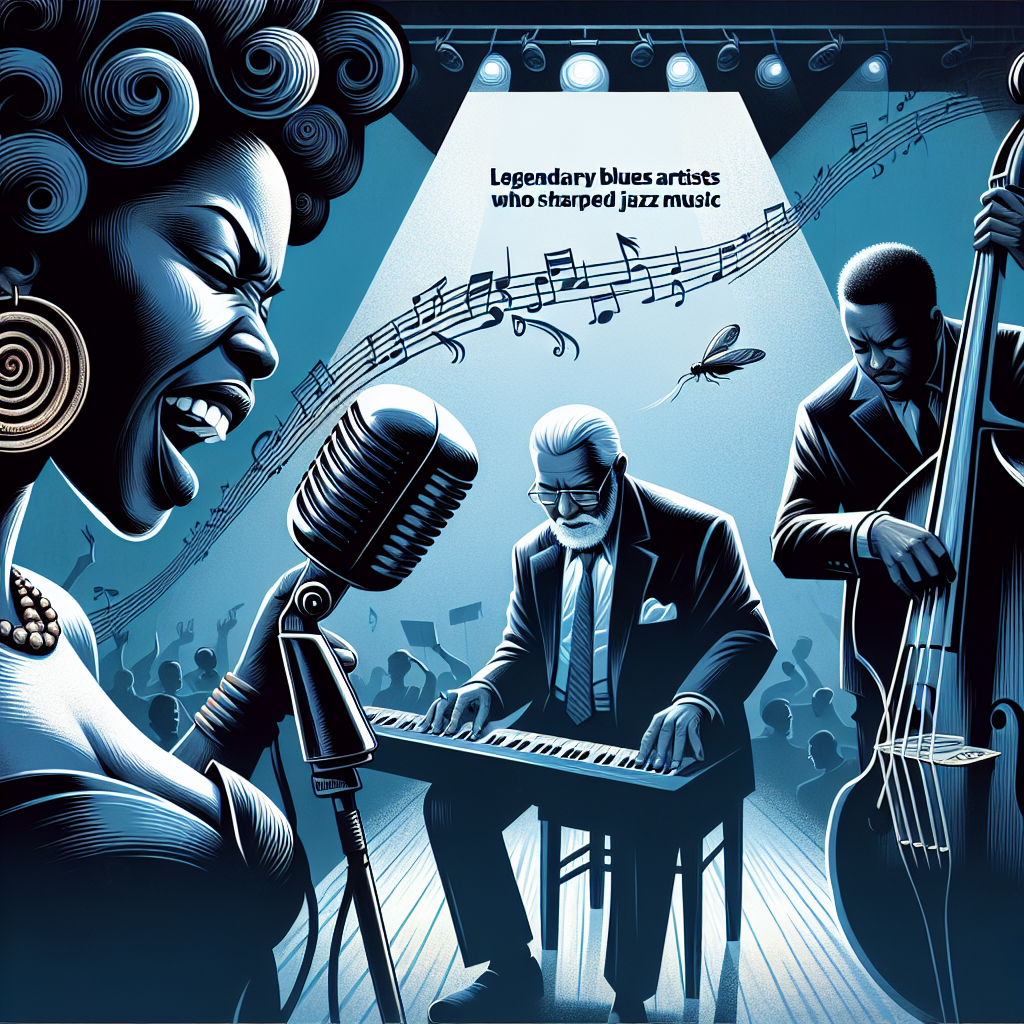As an integral part of opera, the classical aria has held music lovers’ hearts for centuries. Defining the classical aria’s beauty can be as complex as summarizing the human experience – it’s broad, varied, and deeply personal. However, one theme frequently resonates throughout these pieces – an overwhelming sense of melancholy. Painted across a canvas of notes and rhythms, melancholic beauty breathes life into the classical aria in a way that is uniquely powerful and hard to overlook.
The term ‘aria’ is a noun used to describe songs from operas that individuals perform solo. Classical aria often expands on the emotions of the character within the opera, internally exploring their thoughts and feelings through rich, evocative music. This solitary exploration often takes on a melancholic form.
But why does this melancholic beauty prove so captivating? Is it the powerful performances given by the talented vocalists, or is it something deeper that connects us to these soulful works? Arguably, it can be both.
Throughout the ages, composers like Mozart, Puccini, and Handel have brought their own transformative power to the aria. Their work illuminates the depth of human feeling, capturing slices of life and holding them up for examination. Each piece is an exploration of emotion, with a heavy emphasis on melancholia.
Music has a long-standing relationship with emotions, acting as a universal language capable of transcendence beyond cultural boundaries and linguistic barriers. Classical arias are no exception to this rule – transcending the typical constraints of communication to convey complex emotions like melancholy that are difficult to express in words alone. In this sense, the heart-wrenching melodies and the painful beauty of these pieces mirror the complexities and intricacies of the human experience.
Perhaps it is this reflection of humanity that makes the aria’s melancholic beauty so compelling. After all, these pieces often deal with feelings of longing, loss, and unrequited love – universal experiences that resonate deeply with a vast array of audiences.
Conclusion
To conclude, the melancholic beauty that permeates classical aria is one of the most striking aspects of opera. This poignant blend of music, emotion, and performance resonates with audiences on a deeply personal level. The melancholic beauty of classical aria serves as a reflection of the human experience, painting vivid pictures of longing, loss, and love in a way that remains timeless and impactful. So, the next time you listen to an aria, allow yourself to be swept up in the melancholy. Embrace the raw, human emotions that unfold because it reminds us of our shared humanity.
Frequently Asked Questions
-
What is Classical Aria?
Classical aria refers to standalone songs that are performed solo in an opera. They often explore a character’s emotions and thoughts.
-
Why is the Classical Aria seen as melancholic?
The classical aria is often melancholic due to the subject matter it explores. Themes of longing, loss, and unrequited love are common, invoking a profound sense of melancholy.
-
Who are some famous classical aria composers?
Composers like Mozart, Puccini, and Handel are renowned for their significant contributions to classical aria.
-
How does Classical Aria impact the audience?
The classical aria impacts audiences by exploring universal human experiences. Through the music, performers communicate complex emotions such as longing and loss, connecting with listeners on a deeply personal level.
-
Why should I listen to Classical Aria?
Listening to classical aria allows you to experience the full range of human emotions and thoughts portrayed through music. These pieces offer a unique blend of music, emotion, and performance that transcends cultural and linguistic barriers.




